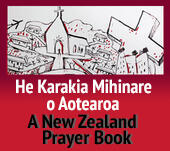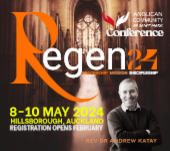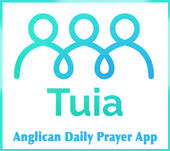The New Zealand Council of Christian Social Services (NZCCSS) NZCCSS is advocating minimum pay-rate rises and urging a plan to implement the Living Wage, as well providing a swift and substantial lift in benefit incomes for some of Aotearoa New Zealand’s most stressed and struggling families.
NZCCSS made the income raise call this week as it welcomed Statistics New Zealand’s release of new 2018 Baseline statistics of child poverty in New Zealand.
While the Council acknowledges the new figures will aid the country to track progress in reducing poverty, NZCCSS believes they underline the need for urgent Government responses to improve conditions for their median estimate of 13.3% of children now living in poverty in Aotearoa.
These latest child poverty figures have come out in line with the Government’s Child Poverty Reduction Act 2018 which requires annual reporting on 10 baseline measures to determine how conditions are changing for children living in poverty in Aotearoa.
Statistics NZ surveyed between 3,000-5,500 low income households to assess where material hardship is directly lowering children’s wellbeing, with results based on households’ percentage of disposable income, measured both before and after housing costs.
Relentless, grinding poverty forms the backdrop for much of the work carried out by NZCCSS members’ social service organisations throughout the country, which serve communities via the Anglican Care Network, Baptist Churches of Aotearoa New Zealand, Catholic Social Services, Presbyterian Support NZ, Methodist Church of NZ and the Salvation Army.
Christian social service agencies work alongside families struggling with the hardship caused by insufficient income and inadequate housing every day. As service providers, they say sustainable improvements in New Zealand children’s wellbeing will only happen if the Government implements policies that directly relieve household poverty and provide permanent, healthy, affordable homes.
NZCCSS has welcomed the Government’s recent increase in the minimum wage from $16.50 to $17.70 per hour, which they say will provide a small boost to those able to work. However, they have affirmed that the most sustainable income for families is the Living Wage, which is now set at $20.55 p/hr, and is due to rise to $21.15 p/hr in September 2019.
As well as raising pay rates, say NZCCSS, the Government needs to increase household incomes for children whose parents are unable to work and rely on social security benefits.
NZCCSS commends the multi-party Parliamentary accord that has committed Government to regularly measure child poverty and set targets for its reduction.
But it believes that only concrete action to increase incomes of the poorest families will lower the number of our children disadvantaged by the poor health, poor nutrition and low educational outcomes of long-term poverty.

















Comments
Log in or create a user account to comment.